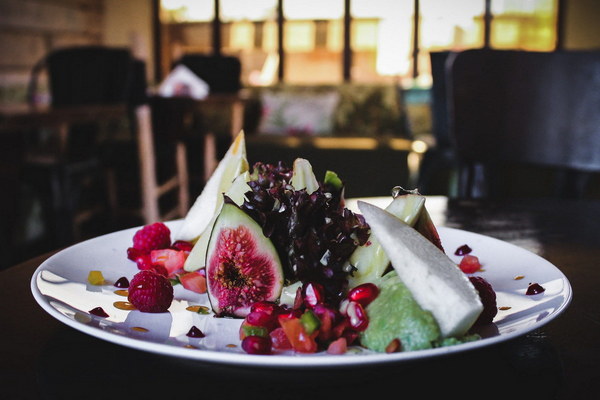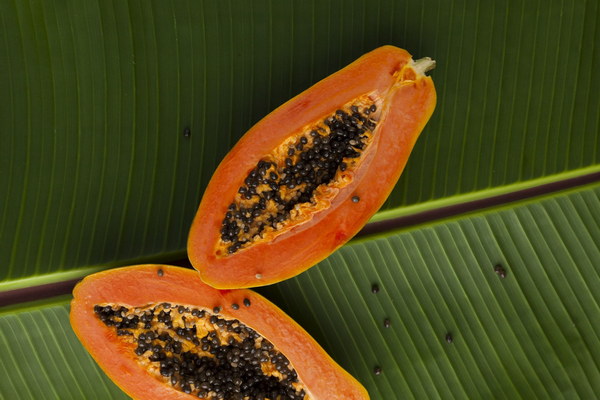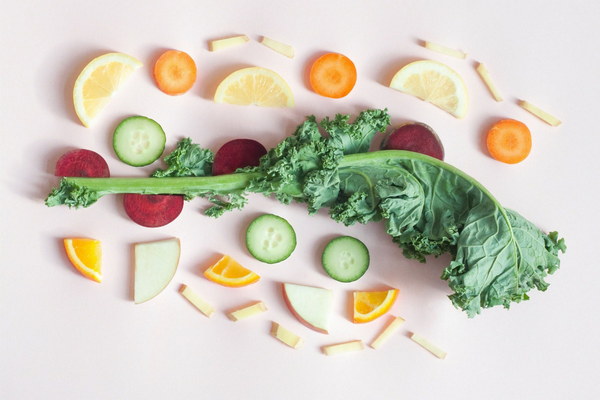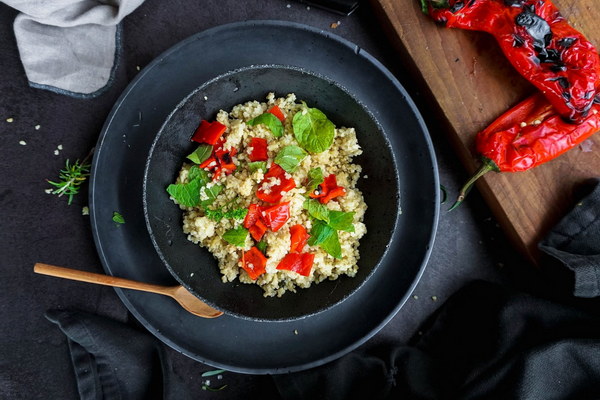Unlocking Health A Guide to Obesity and Dampness-Relieving Diet Regimen
Introduction:
Excess weight and dampness in the body are two common issues that often go hand-in-hand. Dampness, in traditional Chinese medicine, refers to an imbalance of fluids in the body that can lead to a range of health problems, including obesity. This article explores a diet regimen specifically designed to address both obesity and dampness, aiming to provide a path to better health and well-being.
Body:
Understanding Obesity and Dampness:
To effectively combat obesity and dampness, it's essential to understand their interplay. Obesity occurs when there is an excess of fat deposits in the body, which can lead to a variety of health complications. Dampness, on the other hand, can cause a build-up of fluids, leading to symptoms such as fatigue, bloating, and weight gain.
Key Principles of Obesity and Dampness-Relieving Diet:
1. Low-Glycemic Index Foods: These foods help to stabilize blood sugar levels, preventing spikes that can lead to weight gain and dampness.
2. High-Fiber Intake: Foods rich in fiber can help to promote bowel movement, aid in digestion, and reduce the absorption of excess fat.
3. Herbs and Spices: Certain herbs and spices have natural diuretic properties that can help to eliminate excess fluids and reduce dampness.
4. Hydration: Adequate water intake is crucial for maintaining fluid balance in the body and supporting kidney function.
5. Portion Control: Moderating portion sizes can prevent overeating and the subsequent accumulation of fat.

6. Balanced Macronutrients: A diet that includes a balance of proteins, carbohydrates, and fats can provide sustained energy and satiety.
Diet Plan:
Here's a sample diet plan that incorporates the above principles:
Breakfast:
- Oatmeal with fresh berries and a sprinkle of cinnamon
- Green tea
Morning Snack:
- A small handful of almonds
- A piece of fruit
Lunch:
- Quinoa salad with mixed greens, cucumber, cherry tomatoes, and chickpeas
- Grilled chicken breast
- Steamed broccoli
Afternoon Snack:
- A cup of herbal tea (like dandelion or green tea)
- A few carrot sticks
Dinner:
- Stir-fried tofu with mixed vegetables (snap peas, bell peppers, broccoli)
- Brown rice
- Steamed asparagus
Evening Snack:
- A piece of dark chocolate
- A glass of milk or a small bowl of yogurt
Hydration:
- Aim for at least 8 glasses of water per day, or more if you are physically active or in a warm climate.
Exercise:
In addition to dietary changes, incorporating regular exercise can greatly enhance the effectiveness of your diet regimen. Activities such as brisk walking, swimming, or yoga can help to increase circulation, boost metabolism, and reduce overall body fat.
Conclusion:
Addressing obesity and dampness through diet and lifestyle changes is a comprehensive approach to achieving and maintaining a healthy weight. By incorporating low-glycemic index foods, high-fiber intake, herbs and spices, and adequate hydration into your daily routine, you can take significant steps towards balancing your body's fluids and reducing excess weight. Remember, consistency is key, and it's always best to consult with a healthcare professional or a nutritionist when making major dietary changes.









